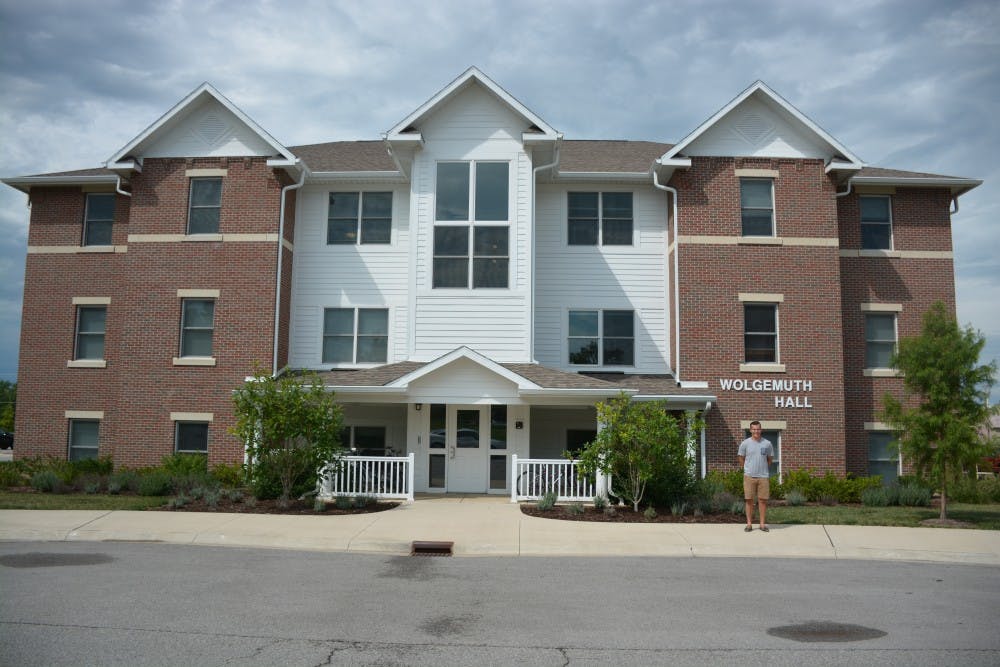By Lindsay Robinson | Echo
At Taylor, moving into a new dorm means adjusting to a new culture. Each residence hall has unique traits that students affectionately refer to as dorm stereotypes. Although off-campus residences are mostly excluded from these labels, students who decide to live away from campus don't leave that sense of culture and community behind.
Off-campus residents are some of the most visible faces at Taylor and are often heavily involved in campuswide functions. The group is largely comprised of upperclassmen who have enough credits and roommates to meet the off-campus living requirements.
Senior Kyla Sele lives in Wolgemuth Hall. Her decision to move off-campus was not about escaping dorm life, but about finding a new way to connect with other students on campus.
"One reason I wanted to live in the apartments was because I had the opportunity to live with some amazing people, and I was excited about a new experience," Sele said. "I also think that this space we have now is a unique opportunity to connect with underclassmen and other seniors still on campus. Our hope is that others feel comfortable walking into our apartment and sitting on our amazing couch, and that this year can be a year of welcoming people into this part of the Taylor community."
Reaching out and participating in the community involves more than just interacting with the people who live across the hall.
"Social life off-campus is less about doing everything with your wing or floor and more about socializing with whomever you'd like to. I like this, because I have a lot of friends that did not live on my floor when I was in the dorms," senior and Campbell Hall resident Jonathan Eshleman said.
Living in an apartment or house means friends are no longer just down the hall. Making time for old and new friends requires more effort.
"It helps you be more intentional about spending time with others and taking the initiative to be on campus," senior Courtney Sullivan said.
Although living in an apartment or house means having more freedom, there is also a greater sense of responsibility.
"I have learned to set up my own Internet, make my own meals, be responsible with the electricity and so much more," Sullivan said.
Just as the transition into college is eased by making new friends, the transition into the adult world seems less daunting with good friends who are going through the same experience.
"I chose to live in a house because some of my closest friends were living there, and I wanted to experience this transition with them," Sullivan said.
Life off-campus is about more than just connecting with people you already know. It's about meeting new people who might have very different interests or personalities but are still part of your community.
"Life in the university apartments is great because you get to live with people you already consider good friends, and then you have this opportunity to get to know other Taylor students living around you who somehow never crossed your path during the previous three years," Sele said.
Learning how to live and work in a diverse community is part of Taylor's off-campus culture. It is a culture that allows upperclassmen to have a place where they can finish their last semesters while making great memories.
Sele says, "It's a great environment to begin transitioning into life after college while still surrounded by the support of the Taylor body."





